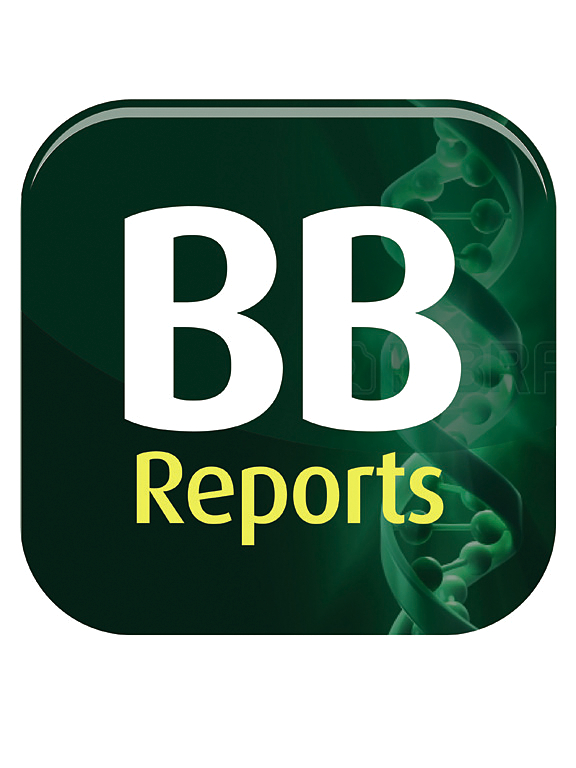Heparin-binding of the human chitinase-like protein YKL-40 is allosterically modified by chitin oligosaccharides
IF 2.3
Q3 BIOCHEMISTRY & MOLECULAR BIOLOGY
引用次数: 0
Abstract
The chitinase-like protein YKL-40 (CHI3L1) has been implicated in the pathophysiology of inflammation and cancer. Recent studies highlight the growing interest in targeting and blocking the activity of YKL-40 to treat cancer. Some of those targeting-strategies have been developed to directly block the heparin-affinity of YKL-40 with promising results. This study explores how short chain chitooligosaccharides (ChOS) affect the heparin-binding affinity of YKL-40. Our findings reveal that ChOS act as allosteric effectors, decreasing the heparin-binding affinity of YKL-40 in a size- and dose-dependent manner. Our results provide insights into the heparin affinity of YKL-40 and how ChOS can be used to target the heparin activity of YKL-40 in diseases. Since ChOS has many beneficial properties, such as being non-toxic and biodegradable, these results provide intriguing opportunities for applying them as allosteric effectors of the heparin-binding affinity of YKL-40.
人几丁质酶样蛋白YKL-40的肝素结合被几丁质寡糖变构修饰。
几丁质酶样蛋白YKL-40 (CHI3L1)与炎症和癌症的病理生理有关。最近的研究强调了对靶向和阻断YKL-40活性来治疗癌症的兴趣越来越大。其中一些靶向策略已被开发出来直接阻断YKL-40的肝素亲和力,并取得了可喜的结果。本研究探讨短链壳寡糖(ChOS)如何影响YKL-40与肝素结合的亲和力。我们的研究结果表明,ChOS作为变弹性效应物,以大小和剂量依赖的方式降低YKL-40的肝素结合亲和力。我们的结果为YKL-40的肝素亲和力以及ChOS如何用于靶向疾病中YKL-40的肝素活性提供了见解。由于ChOS具有许多有益的特性,例如无毒和可生物降解,这些结果为将其作为YKL-40肝素结合亲和力的变构效应物提供了有趣的机会。
本文章由计算机程序翻译,如有差异,请以英文原文为准。
求助全文
约1分钟内获得全文
求助全文
来源期刊

Biochemistry and Biophysics Reports
Biochemistry, Genetics and Molecular Biology-Biophysics
CiteScore
4.60
自引率
0.00%
发文量
191
审稿时长
59 days
期刊介绍:
Open access, online only, peer-reviewed international journal in the Life Sciences, established in 2014 Biochemistry and Biophysics Reports (BB Reports) publishes original research in all aspects of Biochemistry, Biophysics and related areas like Molecular and Cell Biology. BB Reports welcomes solid though more preliminary, descriptive and small scale results if they have the potential to stimulate and/or contribute to future research, leading to new insights or hypothesis. Primary criteria for acceptance is that the work is original, scientifically and technically sound and provides valuable knowledge to life sciences research. We strongly believe all results deserve to be published and documented for the advancement of science. BB Reports specifically appreciates receiving reports on: Negative results, Replication studies, Reanalysis of previous datasets.
 求助内容:
求助内容: 应助结果提醒方式:
应助结果提醒方式:


